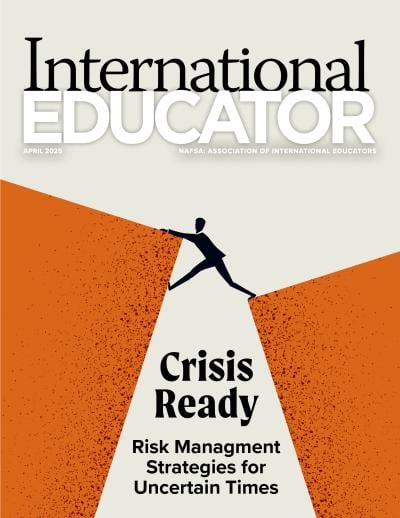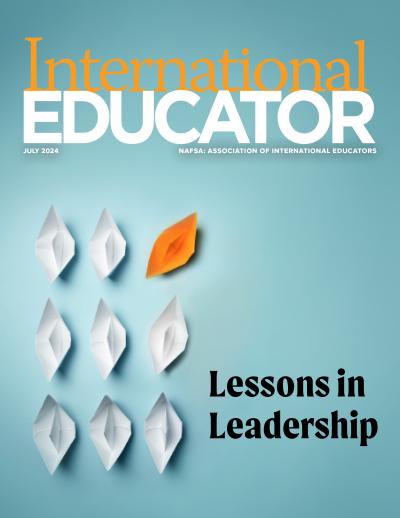Global Teaching and Learning: A 2020 Perspective

Throughout 2020, we have heard and likely said that if there was ever a moment when we need to engage the world, it is now. However, there are also many who are calling for fortification and less engagement. Global learning teaches us that these two points of view do not emerge in vacuums. They stem from similar processes of recognizing who we are, what are our identities, and how we see ourselves vis-à-vis the world.
We cannot divorce ourselves from other perspectives, as they, too, are firmly wrapped around senses of identity, nationalism, and citizenship. Yet, in addition to identities constructed around discrete shared truths, what also differs is the scale of our identifications. At the core of global learning is the need to expand our scales of analysis and awareness, to think across the minutiae of our existences as well as navigate the broader contexts that connect our worlds.
And that is exactly what the pandemics of COVID-19 and systemic racism ask that we do. We must recognize our responsibilities to the world as much as we tend to ourselves; we must act on commitments that span the intimate and personal to the national and planetary. And global learning encourages us to see how none of these senses of self—no matter how global or local—are in contradiction. We need them all to be full complements of who we are. We need the local to be global.
When I look back at 2020, I see people, institutions, communities, and countries












